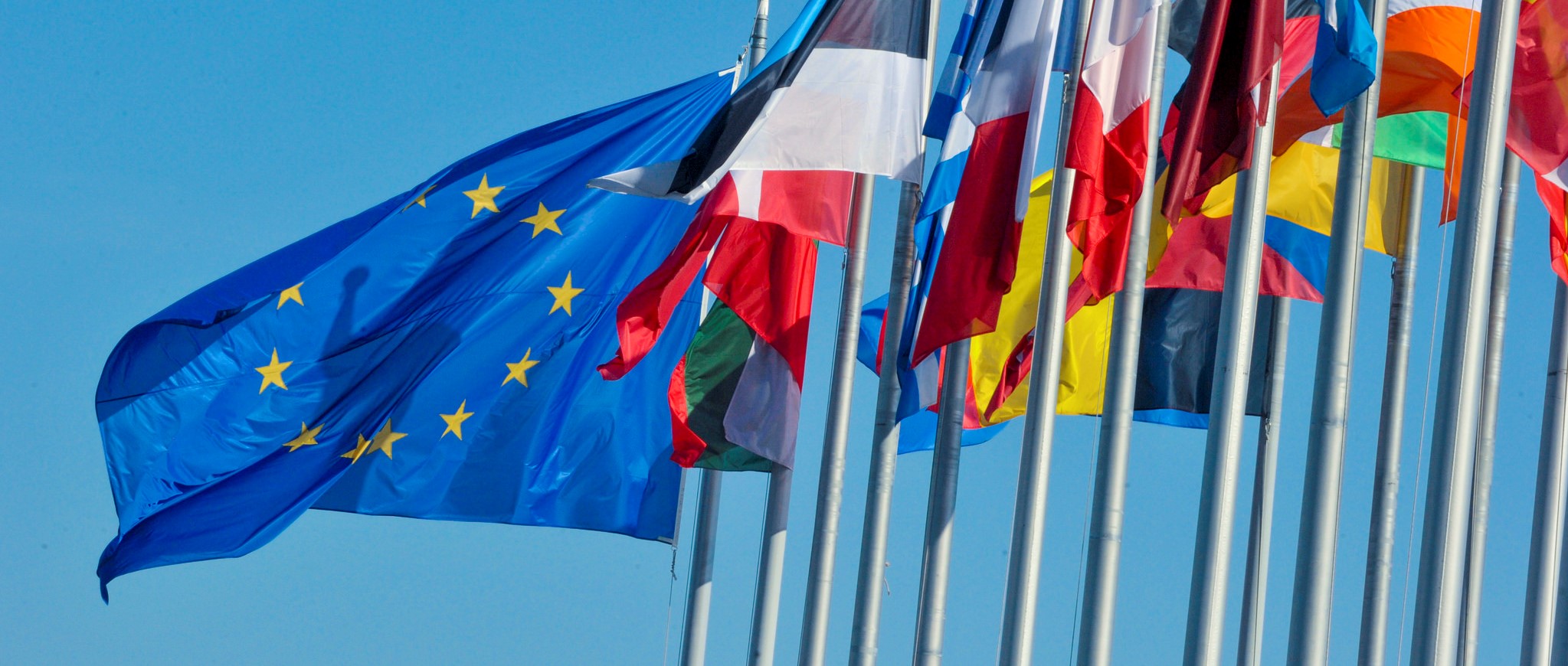The global middle-class is going through its second economic recession in a decade. The International Monetary Fund (IMF) announced last week that the global economy is now in a recession. The middle class in many countries were still recovering from the 2008 Financial Crisis. The COVID-19 outbreak will, most likely, bring a 2008-like great recession.
Job losses and furloughs are already in the millions, and net negative global gross domestic product (GDP) seems to be inevitable. GDP is the total monetary value of all the finished goods and services produced with a country’s borders in a specific period.
For the middle class, even those living in the Organization for Economic Co-operation and Development (OECD) countries, recovering from recovery will be a stiff hill to climb. For the Greek and Italian middle-class, it’s a double-dip since they did not even start recovering from the last financial crisis. This health crisis will undoubtedly become an economic one.
Greece, Italy, & the Global Middle-class
Before the COVID-19 outbreak, Greece, Italy, and a couple more European countries were amidst of sovereign debt crisis. Government debt of gross domestic product (GDP) was 180% and 135 % in Greece and Italy, respectively. They had high unemployment rates, low personal disposable income, and stagnated economies.
The IMF, the 189-nation lending agency, told their member country that “how fast and well they recover, from these perilous times, is based on how shrewd they limit their economic damage and how quickly they contain the pandemic.
Countries such as the United States, Germany, and Canada already implemented sizable fiscal and monetary policies to try to offset the potential economic impact of the pandemic. For instance, United States’ President Donald Trump signed a gigantic $2.2 trillion coronavirus stimulus bill, which includes direct cash payments to Americans, cash grants and forgivable loans to businesses, and extended unemployment insurance, even for the self-employed. The United States coronavirus rescued package is about $300 billion more than Italy’s GDP and 11 times of Greece.
Many countries can’t afford to implement colossal fiscal policies like America and Germany. The European Union announced last week that it would lift deficit limits and other fiscal requirements to allow member countries to spend as much as they want to address the COVID-19 crisis. However, the European Union and the European Central Bank (ECB) have not announced any consumer-specific stimulus package.
Emerging and frontier countries’ middle class will be most vulnerable since targeted stimulus packages would be unlikely if COVID-19 were to start ravaging the African continent and Latin America.
COVID-19 killed more people in Italy so far than any other country. It has been more than three weeks since the government ordered businesses to close and people to stay home. Italian Prime Minister Giuseppe Conte refers to Italy’s current battle with the coronavirus as the country “darkest hour.” Once the virus is contained, the global middle class will need their government to recover from its second recession in a decade.








Pingback: 10 Countries That Penalize Savers - FMC Global Middle Class